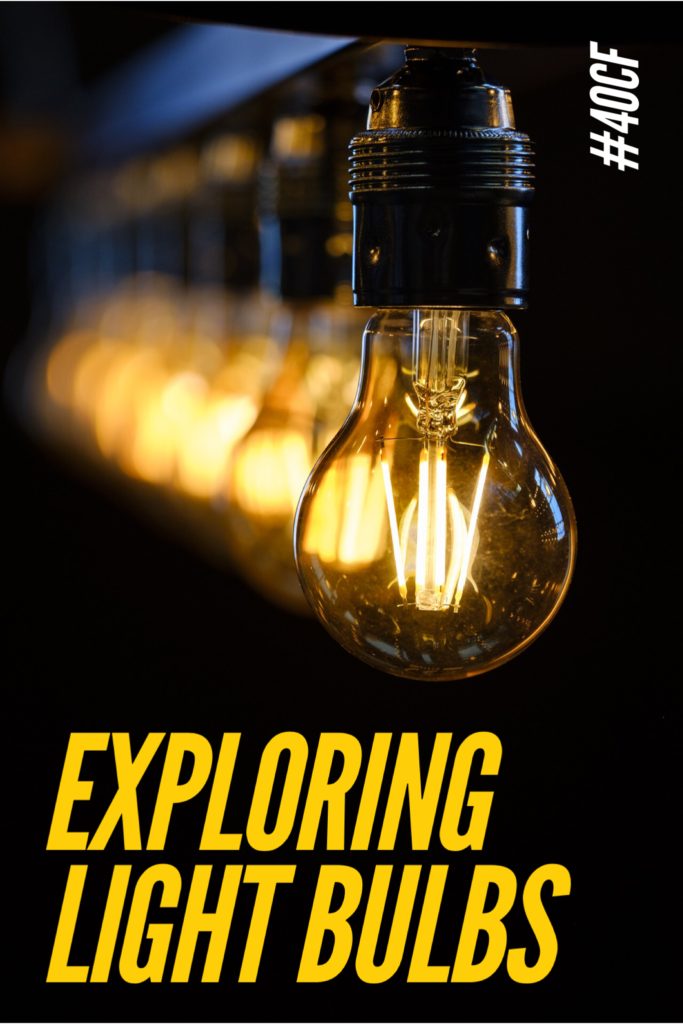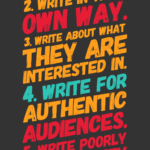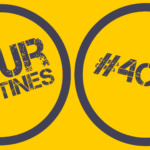When Thomas Edison attempted to create a functional light bulb he had no idea if it would work or not. The final result was an unknown. But, like all creators, he explored an idea, gained an understanding of it and the unknown became a known. Whether one is exploring light bulbs or space, brushstrokes or the oceans, cures for cancer or other new frontiers and ideas, being able to operate in the unknown is a must. Being able to handle uncertainty, obstacles and failure is essential. The arts are well suited to teach these skills because they are inherent in the practice of making things, especially if they are new, unfamiliar things.
When I watch my students build with blocks or Legos, when I watch them try a new material or technique, or when I watch them create on a scale never before attempted, they are learning to be comfortable in the unknown. They are learning to try out their ideas, to manage obstacles, and often, to handle failure. In other words, they are doing exactly what every great creator and innovator did and does. They are learning to roam the edges and explore bravely, looking for new paths forward, gaining new understandings and practicing communicating their journey and their ideas by presenting them in sharable forms. However, when students work on projects with predetermined outcomes or on isolated skills that may or may not be relevant to their individual voice, meaningful exploration is at best, limited, and at worst, nonexistent.
This post is based on an excerpt from an article that Trevor wrote for DisruptED TV Magazine in the summer of 2018. For the full article click here.
Trevor (@trevorabryan)




